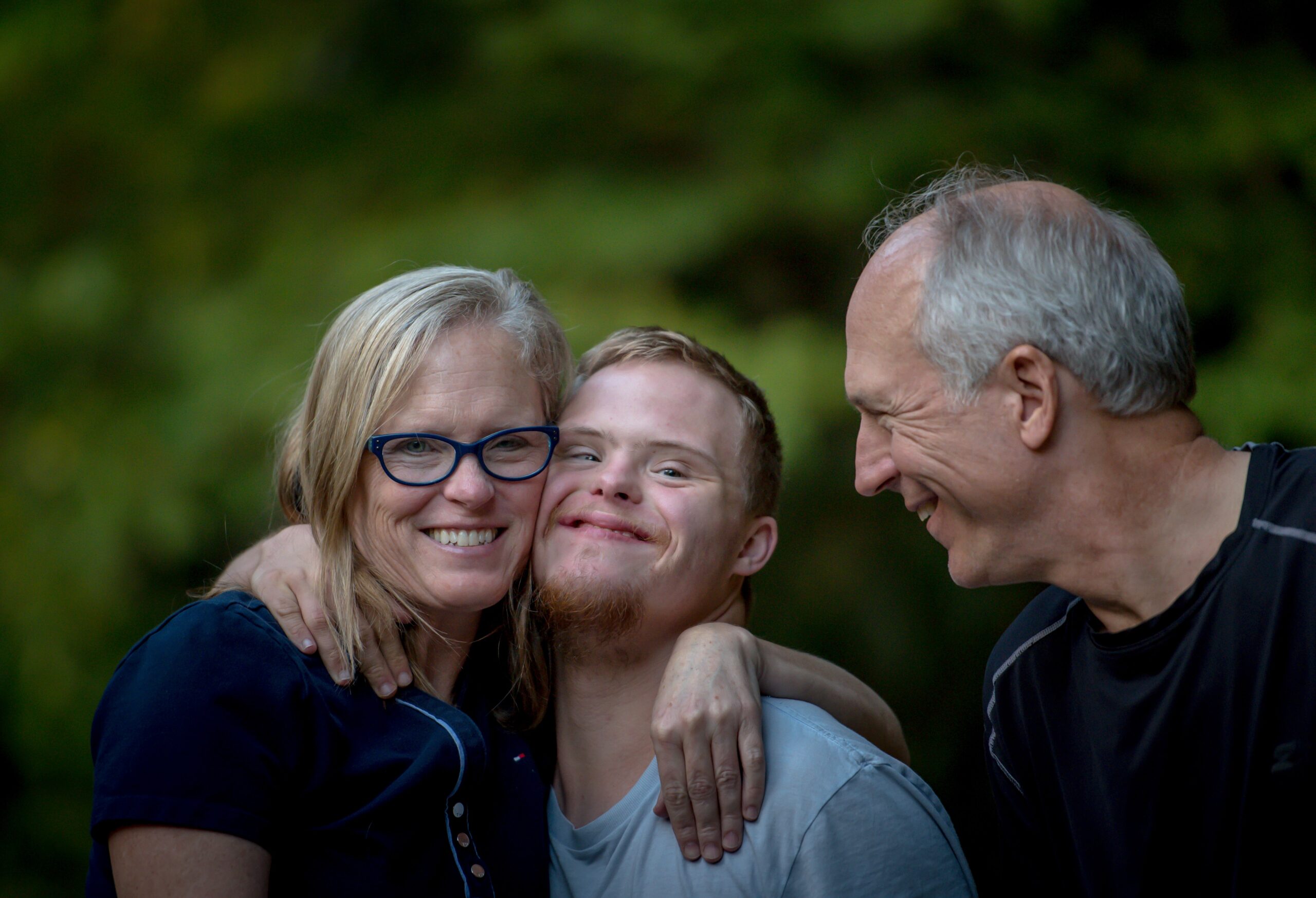
Did you know that across the world today in 2022, over 1 billion people live with some form of disability? Approximately 46% of older people aged 60 or over live with a disability, and 1 child in every 10 has a disability.
December 3rd every year marks International Day of Persons with Disabilities. The aim of the day is to promote understanding and awareness of disability issues and increase support for the dignity and rights of people with disabilities. The day also highlights the importance of a future where everyone has equal opportunities, and doesn’t face barriers to accessing education, employment, and communities.
The theme for International Day of Persons with Disabilities (IDPWD) 2022 is, “Transformative solutions for inclusive development: the role of innovation in fuelling an accessible and equitable world”. Within this overarching theme, there are 3 sub-themes, as outlined by IDPWD:
These themes are designed to start conversations and explore the ways that innovation can help reduce inequality across society, and this year there is a particular focus on employment.
The yearly December 3rd observance of International Day of Persons with Disabilities was proclaimed in 1992 by the United Nations General Assembly resolution 47/3, and the day helps to promote disability inclusion across all areas of society. We can see examples of this from leading organisations such as the United Nations, which released a Disability Inclusion Strategy to allow them to be at the forefront of disability inclusion and drive worldwide change.
Launched in June 2019, the United Nations Disability Inclusion Strategy provides “…the foundation for sustainable and transformative progress on disability inclusion…” across all aspects of the United Nations (UN), and across all areas of the work the UN does.
The key message of the strategy is that the human rights of people with disabilities are an integral part of all human rights and freedoms.
In October 2021, the Secretary-General of the UN released a report that outlined the steps the United Nations took to implement the Disability Inclusion Strategy during the Covid-19 pandemic in 2020. Find the report in easy-to-read format here.
Even before the Covid-19 pandemic hit, disparities in society were evident. Access to education, employment, and healthcare was harder for individuals with a disability, and the impact of the pandemic meant that across the world, people with disabilities were, and continue to be, the most impacted.
The Office for National Statistics’ latest report, “Coronavirus and the social impacts on disabled people in Great Britain” looks at data from various periods of the pandemic from March 2020 to December 2021.
Key findings from the report include:
This video from the United Nations outlines 5 things that we need to know about living with a disability during Covid-19:
The easiest way to get involved is to spread the word about International Day of Persons with Disabilities on 3rd December each year, and encourage our friends, family, and colleagues to get involved.
Throughout the year it is important to consider how we can be more inclusive in our day-to-day lives, and within our workplaces, to individuals with a disability.
For example, identify at your workplace any areas that may make it inaccessible for those with a disability.
Are your desks spaced far enough apart for wheelchairs to pass? Does IT equipment have accessibility functions such as text-to-speech, or dictation software? Are disabled toilets available within the building?
You can also apply this to day-to-day life: consider any possible barriers to accessibility for individuals with a disability when you visit restaurants, cafes, or shops, or when you access healthcare services, or community groups and activities. You could maybe suggest to your local café to consider an easy-read version of the menu, or speak to your local community centre about offering sign language classes.
Often, we don’t give this a second thought, but making this the norm for everyone will highlight the issues faced by people with a disability and contribute to the change needed towards equal opportunities and accessibility for all.
Here at Northern Healthcare, our teams advocate for equal opportunities for all, and for the demolition of barriers to ensure all areas of society are accessible to everyone. Our teams work with residents within our services to provide a safe environment for them to achieve their goals, access the community, find employment, and work towards living as independently as possible.
Northern Healthcare is also a disability confident employer, promoting inclusive recruitment practices and committing to changing behaviour and culture within our own business, and across our networks and throughout our communities.
Photo by Nathan Anderson on Unsplash.